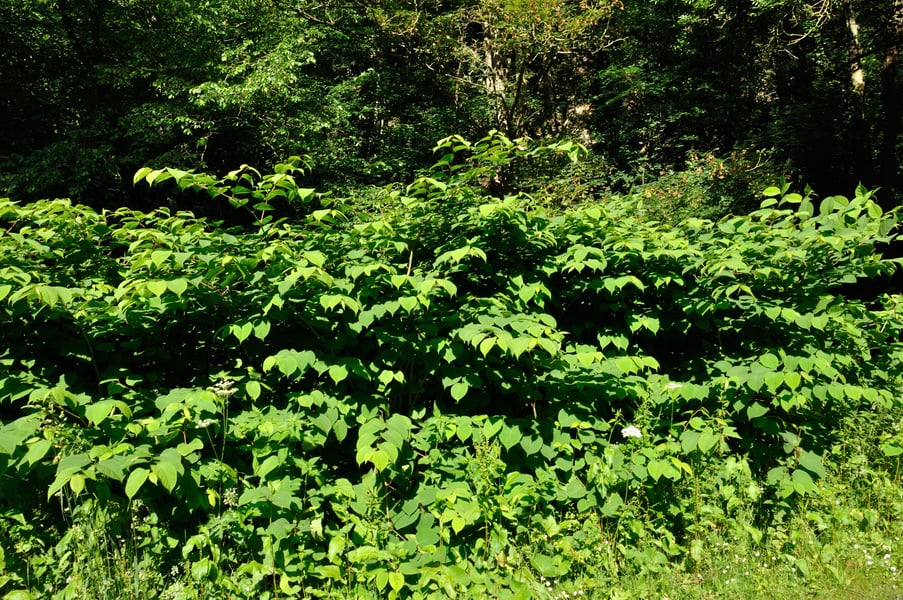Under current legislation, sellers who knowingly fail to declare the plant’s presence can be sued for misrepresentation.

As more homeowners are becoming better informed about the laws that govern both the sale of properties affected by Japanese knoweed and those that protect victims on encroachment, a large proportion are willing to pursue litigation if necessary to cover their losses.
In a survey of over 2,000 Brits by Environet UK and YouGov, 70% of those who are aware of the plant would sue the seller if knotweed was discovered after they had bought a property that had not been declared on the Law Society's TA6 form.
The TA6 is completed as a standard part of the conveyancing process and asks a specific question about Japanese knotweed.
Under current legislation, sellers who knowingly fail to declare the plant’s presence can be sued for misrepresentation, meaning the buyer can seek compensation for diminution in the property’s value if it can be proven that the plant was present at the time of the sale.
Nic Seal, founder and managing director of Environet UK, said:“Now more than ever it’s vital that sellers are honest and declare that there is, or could be, knotweed growing on their property.
"Awareness among the general public is now so high and there’s such a strong precedent set in the courts that it’s likely they will end up paying the price further down the line if they answer dishonestly or claim not to know of its presence.
"In fact, it’s quite easy for a Japanese knotweed expert to tell how long an infestation has been there and, in encroachment cases, the source of the infestation.”
Awareness of the law around encroachment is also high, with two thirds (67%) of respondents realising they could be liable for the cost of treatment if Japanese knotweed originating on their property spreads to their neighbour’s land.
However, only 33% were aware they could also be liable for all legal fees and only a quarter (25%) that they could also be liable for diminution, or fall, in the value of their neighbour’s home.
This can easily run into tens of thousands of pounds, or much more if the knotweed encroaches into multiple properties.
Based on the average UK property price of £239,196, a homeowner could potentially face bills of around £30,000 when faced with an encroachment claim, rising to £70,000 or more if the claim succeeded in court.
If the knotweed had spread to more than one property then the bill would climb even higher.
Mark Montaldo of CEL Solicitors, which specialises in legal cases relating to misrepresentation and Japanese knotweed encroachment, added: “Homeowners are becoming much more willing to sue if they find themselves the victim of Japanese knotweed misrepresentation, whereby a property they’ve bought has later been found to have knotweed but the seller failed to declare it.
“I would say cases have increased around 30% over the past three years, which is down to growing awareness of the problem and the laws in place to protect people, relatively high success rates in legal cases, and recent changes to the TA6 form which puts more of an onus on the seller to highlight any issues with knotweed.”



